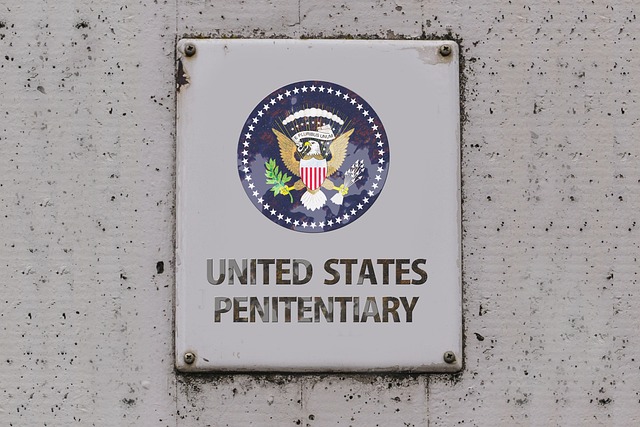Youth DUI Prevention Programs are adapting to the digital age by integrating online privacy education into their strategies. With young individuals increasingly active online, these programs teach digital literacy, including understanding footprints, data collection, and secure communication. This empowers teens to make informed choices, enhancing online safety and responsible digital citizenship. By leveraging digital platforms, they engage teens through interactive tools, social media campaigns, and virtual workshops, ensuring wider accessibility and personalized messaging for at-risk youth. Real-time data collection and analysis also enable robust program evaluations, making prevention efforts impactful in an ever-changing technological landscape.
In today’s digital age, online privacy is a critical aspect of keeping young drivers safe. As youth increasingly engage with technology, they face unique risks that can escalate into dangerous situations, including impaired driving (DUI). This article explores the intersection of online privacy and youth DUI prevention. We delve into understanding the risks young people encounter online, the role of digital-focused prevention programs, and empowering strategies to promote safe browsing habits for drivers under 21.
- Understanding Youth Online Privacy Risks
- The Role of DUI Prevention Programs in Digital Spaces
- Empowering Young Drivers: Strategies for Safe Online Behavior
Understanding Youth Online Privacy Risks

Understanding Youth Online Privacy Risks
In today’s digital era, youth are increasingly spending time online, engaging with peers and exploring various platforms. However, this connectivity comes with inherent risks, particularly in relation to privacy. Young individuals may not fully comprehend the long-term implications of sharing personal information online, which can make them susceptible to potential dangers such as cyberbullying, identity theft, and even recruitment by illegal groups. These risks are exacerbated by the curiosity and desire for social connection that often drives young people to share more than they should.
Youth DUI Prevention Programs have recognized these challenges and are adapting their strategies to incorporate online privacy education. By teaching youth about digital footprints, data collection practices, and the power of information sharing, these programs aim to empower them to make safer choices online. Equipping young individuals with knowledge about privacy settings, secure communication methods, and responsible digital citizenship can significantly contribute to mitigating risks and fostering a safer online environment.
The Role of DUI Prevention Programs in Digital Spaces

In today’s digital era, where online privacy is a paramount concern, the shift to virtual spaces has also brought new challenges for youth DUI prevention programs. These programs, traditionally focused on in-person education and awareness, must now adapt to reach young individuals who spend significant time online. By utilizing digital platforms, Youth DUI Prevention Programs can engage teens through interactive tools, social media campaigns, and virtual workshops, addressing the risks of impaired driving and promoting responsible behavior.
Online initiatives offer several advantages, including wider accessibility and the ability to cater to diverse learning styles. They allow for personalized messaging, targeting at-risk youth with tailored information about the consequences of DUI. Moreover, digital spaces enable real-time data collection and analysis, facilitating more effective program evaluations and adjustments. This shift in strategy ensures that prevention efforts remain relevant and impactful amidst evolving technological landscapes.
Empowering Young Drivers: Strategies for Safe Online Behavior

Teaching young drivers about online privacy is an essential component of broader Youth DUI Prevention Programs. As digital natives, teens are often more comfortable navigating the internet than older generations, but this comfort can sometimes blur their understanding of the potential risks involved in their online activities. Empowering them to adopt safe online habits early on is crucial for preventing not just drunk driving but also identity theft, cyberbullying, and other digital dangers.
Strategies to encourage safe online behavior include open communication about online privacy settings, modeling responsible digital citizenship, and providing age-appropriate resources that explain the long-term implications of their digital footprint. Engaging them in conversations about the connection between online actions and real-world consequences can help foster a deeper understanding of why protecting personal information is vital for their safety and future opportunities.
Online privacy is a critical aspect of youth safety, especially with the prevalence of digital spaces. By understanding the risks and implementing effective strategies, we can empower young drivers to navigate the online world responsibly. Integrating youth DUI prevention programs into digital platforms offers a unique opportunity to educate and protect our future road users. Through targeted initiatives and open communication, we can foster a culture of safe and mindful online behavior, ultimately contributing to safer roads for everyone.






